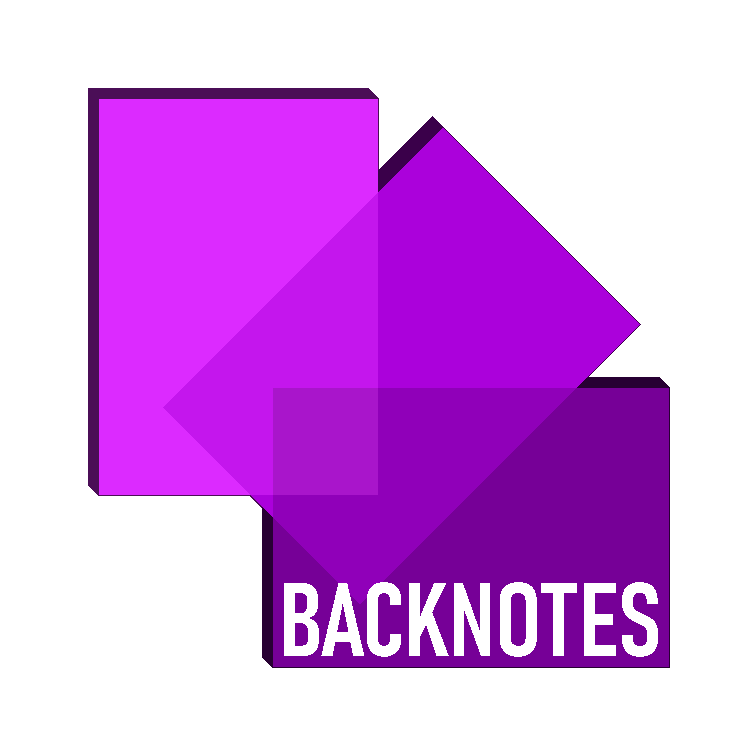
Interrogation
Interrogation
Question Words
- They are words used to provoke a question commonly used in front or at the end of sentences in French.
- Question words:
| Question words | Meaning |
| Que/Qu’est-ce que | What |
| Quand | When |
| Pourquoi | Why |
| Comment | How |
| Où | Where |
| À quelle heure | At what time |
| Qui | Who |
| Avec qui | With who |
| Combien | How much |
| Combien de temps | How long |
Asking a question
- Demander – To ask; Poser – To put down.
- When you want to say “To ask a question” in French, you must say “Poser une question”.
- Saying “Demander une question” is incorrect.
Open-ended Questions
- They are questions that requires an answer where it is not limited to any fixed response.
- There are two main ways to form an open-ended question:
- Front:
- Question words can be placed in front of the sentence.
- Using only question words will require inversion of the subject and verb joined with a hyphen.
- Using questions words + est-ce que will not require inversion.
- Back:
- Questions words can be placed at the back of the sentence, but note that inversion is not required for this.
- Front:
Close-ended Questions
- They are questions that requires an answer where it is limited to a number of responses (Yes and No).
- There are three main ways to form a close-ended question:
- Intonation
- This works by taking a regular statement and raising your voice at the end of the sentence which will imply that the statement is a question.
- Inversion
- The subject and verb switch places and are joined with a hyphen and it is automatically recognized as a question.
- Est-ce que
- Est-ce que is placed in front a regular statement and it is automatically recognized as a question.
- Intonation
Euphonic Inversion
- When the subject and the verb inverts to create a question, there may be an instance where two vowels are next to each other.
- In this case, a -t- is added in-between to maintain euphony when words are pronounced.
- It only applies to subject pronouns il, elle and on.
